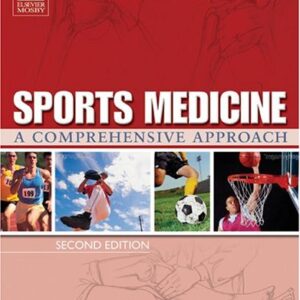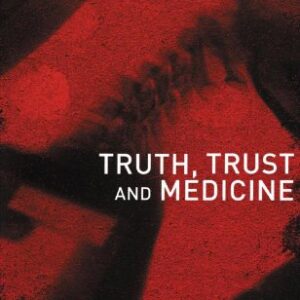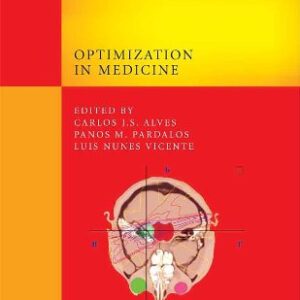The word crosslinking implies durable combination of (usually large) distinct elements at specific places to create a new entity that has different properties as a result of the union. In the case of proteins, such crosslinking often results in important changes in chemical, functional, nutritional, and biomedical properties, besides physical properties simply related to molecular size and shape. (Nucleic acids, carbohydrates, and other biopolymers are correspondingly affected.) Since proteins are ubiquitous, the consequences of their crosslinking are widespread and often profound. Scientists from many disciplines including organic chemistry, bio? chemistry, protein chemistry, food science, nutrition, radiation biology, pharmacology, physiology, medicine, and dentistry are, therefore, minutely interested in protein crosslinking reactions and their implications. Because protein crosslinking encompasses so many disciplines, in organizing the Symposium on Nutritional and Biochemical Conse? quences of Protein Crosslinking sponsored by the Protein Subdivi? sion of the Division of Agricultural and Food Chemistry of the American Chemical Society, I sought participants with the broadest possible range of interests, yet with a common concern for theore? tical and practical aspects of protein crosslinking. An important function of a symposium is to catalyze progress by bringing together ideas and experiences needed for interaction among different, yet related disciplines. To my pleasant surprise, nearly everyone invited came to San Francisco to participate.
Medicine
{PDF} Protein Crosslinking: Biochemical and Molecular Aspects Robert C. Fahey (auth.), Mendel Friedman (eds.)
$9.99






Reviews
There are no reviews yet.